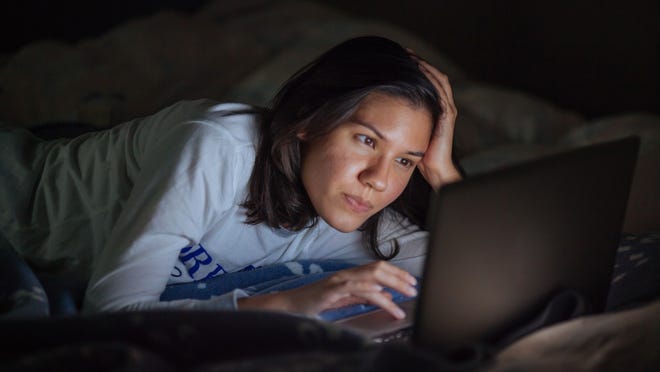34
Recent Comments
No comments to show.
Follow Us
Recent Posts
Newsletter
Categories
The US Global Health Company is a United States based holistic wellness & lifestyle company, specializing in Financial, Emotional, & Physical Health.
